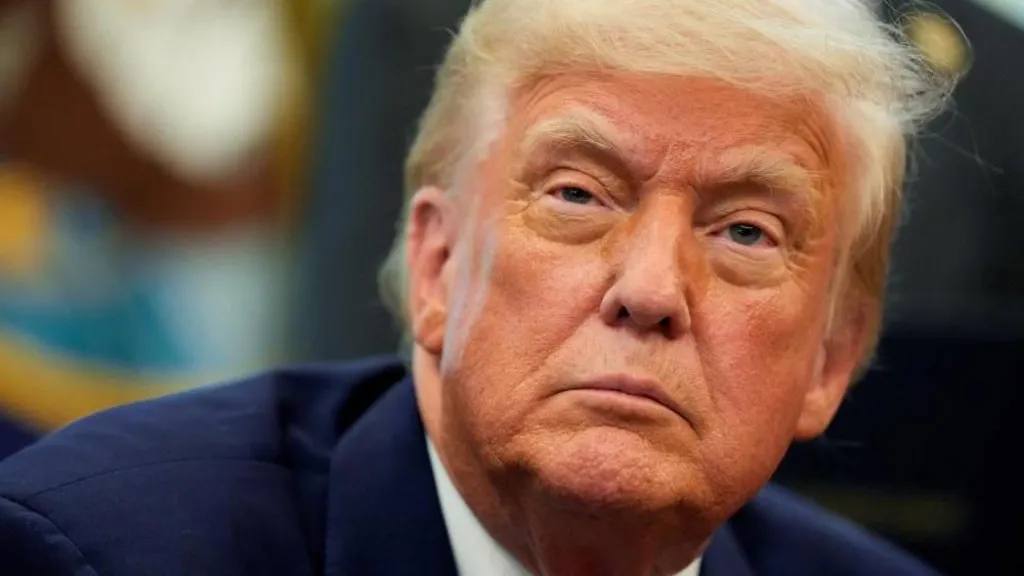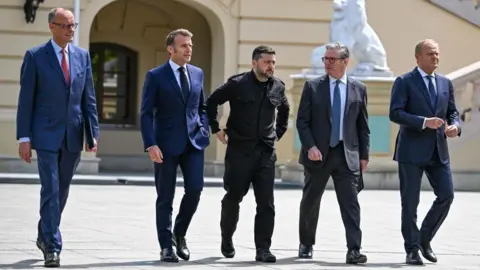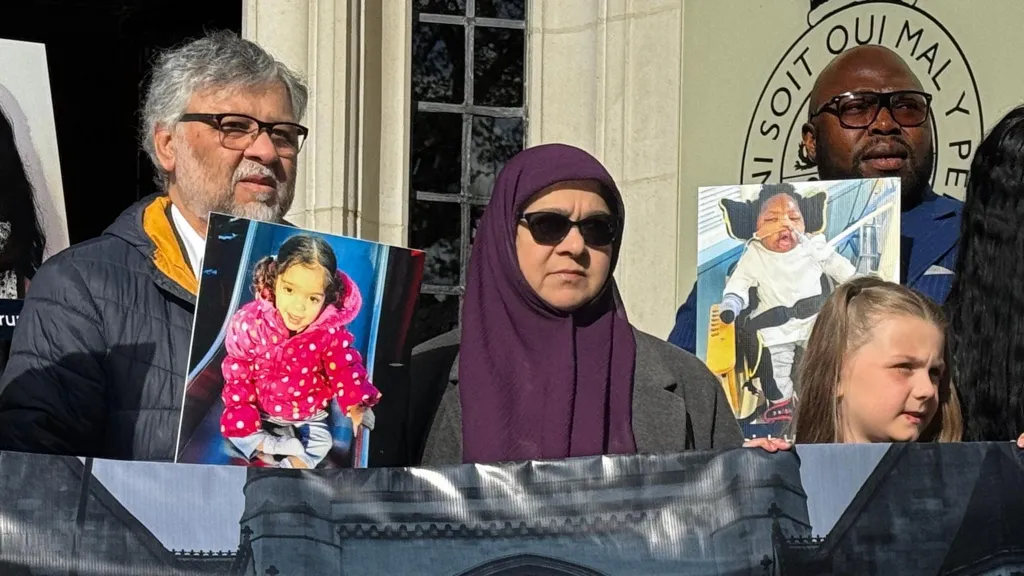
 Reuters
ReutersVolodymyr Zelensky has given a cautious and diplomatic response to Vladimir Putin's late-night offer of direct talks in Istanbul next Thursday.
The Ukrainian leader might have been expected to slam his opposite number in Moscow for not committing to a 30-day ceasefire, as demanded by Kyiv and its Western allies on Saturday.
Instead, writing on X, Zelensky called it "a positive sign that the Russians have finally begun to consider ending the war".
Zelensky added that Ukraine expected Russia to confirm it would abide by the proposed 30-day ceasefire, starting on Monday.
It's hard to tell if Zelensky really sees Putin's offer of direct talks as a "positive sign". This is as much about optics as anything else.
Neither Putin nor Zelensky want to be seen by US President Donald Trump as the obstacle to peace.
Trump's reaction was markedly upbeat. Writing on his Truth Social platform earlier, he hinted once again that this war was close to ending. He wrote: "A potentially great day for Russia and Ukraine!"
Putin said he wants to address what he calls "the root causes of the conflict".
 EPA
EPAFrom his perspective, that means Ukraine's unacceptable ambition to be part of a prosperous, democratic Europe rather than returning to Moscow's orbit and become a pliant, satellite nation like Belarus.
He will also want a firm undertaking that Ukraine will never join Nato.
Moscow demanded on Saturday that, before any ceasefire can start, the West must stop arming Ukraine.
That of course would leave this country that much less able to fend off Russia's gradual advances on the frontline - or, worse, a new full-scale offensive to take more land.
What Ukraine badly needs from its allies is an uninterrupted flow of air defences to fend off the ever-growing numbers of drones and missiles being fired across the common border at Kyiv and other major cities.
Shortly after dawn on Sunday, we were woken by an air raid alert and sirens went off as more Russian drones were launched.
On 9 May, the US Embassy in Kyiv issued a warning to its citizens that there was "a significant risk of air raids in the coming days".
One of the biggest concerns is that the Kremlin may launch another Oreshnik hypersonic ballistic missile like the one its forces fired at a factory in Dnipro last November.
With its velocity approaching 10 times the speed of sound, Russia boasts that this missile is "unstoppable".
So now the key question is what Trump does next - and this could go either way.
He could decide that his opposite number in Moscow is simply stringing him along, finding one excuse after another not to agree to a ceasefire.
Or, given his historic warm relations with Putin, will he throw the Russian leader a diplomatic lifeline and put pressure on Ukraine instead to sit down in Istanbul and listen to Moscow's demands, irrespective of whether there is a ceasefire come Monday?

16 PerFlyer